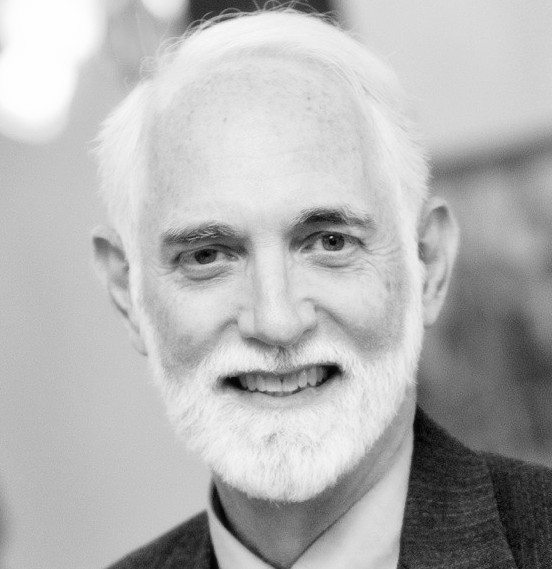As we celebrate the inspirational life of Nelson Mandela this week, I am struck by how he developed a masterful understanding of power and authority. This may be a good opportunity for each of us to reflect on our own power and authority and how we are using it. There are many different definitions of these two terms. Let me suggest the following definitions as a starting point for a conversation with your friends, family, and colleagues about power and authority.
Power is exercised through some kind of force. This may be the force of law (law enforcement), the force of military might, or even the force of personality. Power is often a function of position relative to others. My position relative to yours might give me power to help or harm you. Authority is exercised through influence. Authority is a function of reliability. You can grow in authority by demonstrating your reliability by (a) doing what you say you will do and (b) predicting accurately what will happen under particular conditions. You are the “author’ of your authority.

Both power and authority can be exercised either benevolently or malevolently. As Lord Acton famously observed, “Power tends to corrupt, and absolute power corrupts absolutely.” Authority can also be subverted and often in subtle ways with long lasting effects. Power and authority can also oppose each other. Many of the most transformational moments in history have happened when moral authority confronted entrenched power. Maybe the reason these moments happen less frequently than we might hope is that moral authority is often earned and exercised at significant personal cost.
Much of our disappointment with government leaders at present is that we grant them powers based on the authority they claim and we hope they have. We expect them to do what they say they will do and to be able to anticipate the impact of their actions – to be reliable in their predictions. When we find that they only fight each other for more power and repeatedly demonstrate they have lost whatever authority they had, we can become jaded and abdicate our own power and authority as well. That is a dangerous combination.
Here is a challenge. Try to make a list of some of your own powers and authorities. What powers do you have with regard to whom by virtue of your position? Hiring and firing? Inspiring? Healing? What authorities have you earned by virtue of your reliability? When people seek your advice, what kinds of problems do they want you to help them solve?
How are you exercising your power? Do you find yourself resorting more than you would like to some version of “because I said so” as your explanation for your decisions? When are you exercising your authority in service of your own narrow goals and when in the service of the greater whole? Ask yourself, “when I make a decision that affects others, how do I respond when they ask me why I made that decision?” How do you respond to the abuse of power? Do you wield your moral authority even at some personal cost? Do you question authority so you know whether it has been rightfully earned?
If you make your list and evaluate it, I suspect that you will find, as I do, that we have more power in our positions (within our relationships, our organizations, our world) than we think we have and that we also have more authority to influence others, even where we don’t have power, than we imagine we do. How will we use our power and authority? What will our legacy be?
